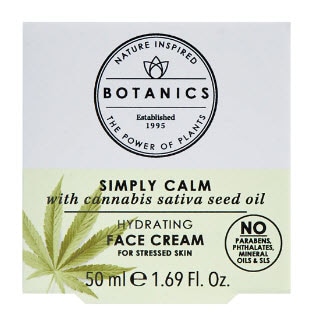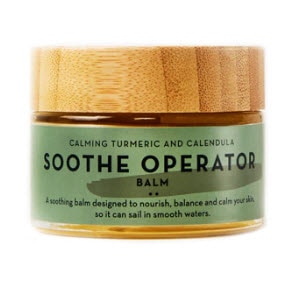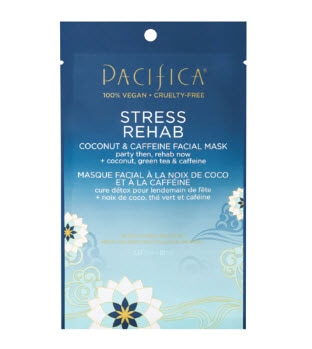They say the eyes are the window of the soul, but skin makes a convincing case for itself as a window of our mental health. Stress levels are off the charts, a combination of a pervasive sense of languishing, historic inflation, government and political divisiveness, and widespread violence. According to a recent survey by the American Psychiatric Association, more than one in four (26%) reported they anticipated experiencing more stress at the start of 2023, up from one in five (20%) last year.
All this stress may be taking its toll on your skin. A recent report by Styleseat found that when it came to visible stress side effects—ones that can be observed by those around you—Americans reported that skin problems were the most common symptoms. The report states “Nearly a third (32 percent) of Americans report skin issues due to stress. In addition, 16 percent report hair problems.” Breakouts, dry or dull skin, and thinning hair were the most common occurences.
What is psychodermatolgy?
Stress and skin are intrinsically connected. Our mental health affects our skin and, conversely, our skin affects our mental health. This is precisely the wheelhouse of psychodermatology, otherwise known as the brain skin connection.
It’s a relatively new field of medicine. Dr. Mina Gurguis, founder of The Emotional Wellness Center for Skin Disorders, broke pscyhodermatology into two categories: psychiatric disorders with dermatologic symptoms, and dermatologic disorders with psychiatric symptoms.
In the first case, says Gurguis, psychiatry disorders such as extreme anxiety can cause people to self-harm their skin by rubbing, scratching, picking, cutting, sucking or biting. In the second category, the skin disorder is the presenting cause of the psychiatric disorder—people who have emotional problems because of having skin disease. For example, for some people with severe acne, the skin condition can inform their psychosocial interactions, self-esteem and body image. As a result, major depression and social phobia may develop.
This is your skin on stress
So how does stress make its way to the skin? Stress spikes a hormone called cortisol, which activates a fight, flight or freeze response in our bodies. Chronic stress means elevated cortisol levels, which impacts the skin in a few different ways. A surplus of cortisol causes inflammation throughout the body, which explains why stress has been linked to inflammatory skin conditions like acne, rosacea, eczema, and psoriasis.
It can also impair skin barrier function and dehydrate the skin, leading to wrinkles as well as allowing more irritants, allergens and infectious agents to penetrate the skin and cause problems.
Beyond the direct effects of stress, people who are stressed out tend to neglect or abuse their skin. They might also lack the energy and motivation to adhere to their skin care regimens.
Vicious cycle, interrupted
The reciprocal relationship between thoughts/feelings and appearance makes for a vicious cycle. As Gurguis explains, someone might become anxious about their skin condition, and that may lead to negative thoughts about themselves. The anxiety escalates, the condition becomes worse, and the whole cycle loops again.
The best approach, he says, is to work with the negative thoughts. Instead of believing the negative self-talk, inquire and explore “how do I know this to be true?” Often, people have a dysmorphic or distorted view of their appearance, that hyper-exaggerates minor issues.
Stress management techniques, such as yoga and meditation, coupled with therapeutic interventions such as cognitive therapy, can help usher in a new perspective. For example, the results of one study suggested that meditation may lower overall catecholamine (a type of neurohormone) levels in people who do it regularly. Similarly, meditation and mindfulness techniques have been shown to help psoriasis.
Relaxation therapy and counseling can potentially alleviate the underlying psychological conditions causing other skin-related symptoms of stress. This is key, particularly if the anxiety is triggering involuntary and compulsive tics such as scratching, hair pulling or picking at the skin. More studies are needed that explore efficacious solutions to the skin-mind connection.
Healthy lifestyle choices, including a well-balanced diet, reasonable exercise and adequate sleep, may also help regulate stress hormones in the body, which in turn, tend to have positive consequences for skin and hair.




